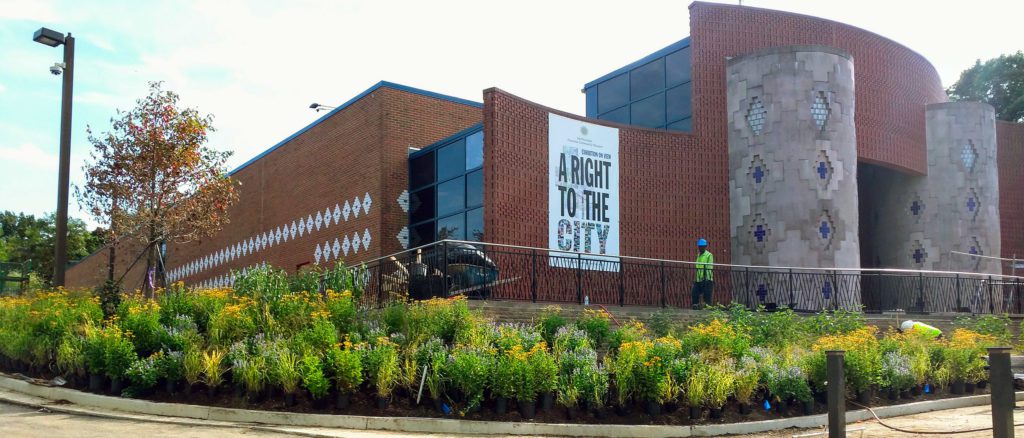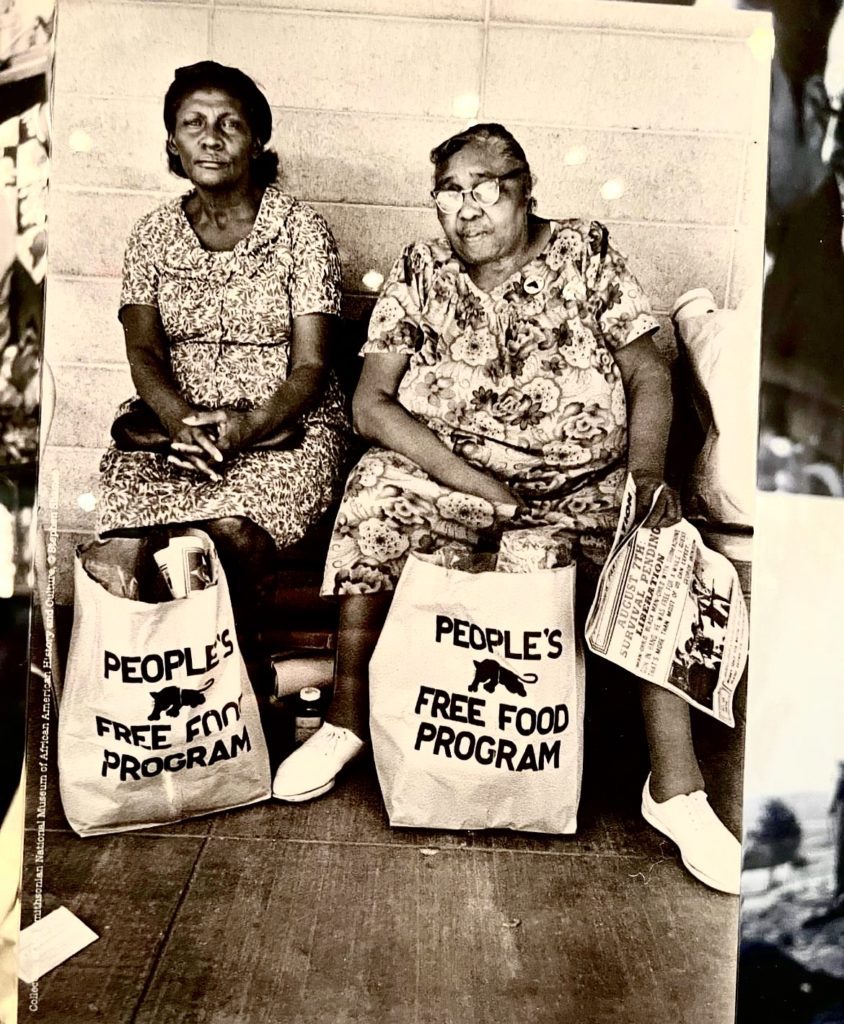The Lesser-Known Smithsonian Everyone Should Visit
By • March 2, 2023 3 6197

The Smithsonian’s Anacostia Community Museum at 1901 Fort Place SE is a beautiful home to rotating exhibits on the history of vital social justice issues affecting our city and nation. If you haven’t visited yet, it’s worth the journey.
When most people think of “The Smithsonian,” popular sites, such as the brand new Museum of African American History and Culture on the Mall, the family favorite National Zoo, the classic Natural History Museum and, of course, the recently renovated National Air and Space Museum come to mind. Relative to the nearly 15 million visitors that explored the Smithsonian’s museums last year only 7,000 visitors ventured to the Smithsonian’s Anacostia Community Museum, according to the Smithsonian Institute. So, now is the time to explore this compelling Smithsonian offering before the crowds rush in.
Like all the other Smithsonians, the Anacostia Community Museum is highly accessible, offering free parking and free admission seven days a week. It opened in 1967 as an effort to extend the gift of the Smithsonian Institution to the local African American community. Although it began as an art museum showcasing the work of Black artists from the District, it has since altered its mission to attract and inform a larger audience about the experiences of underserved populations in the United States. Now, the museum reinvents itself every six months to educate its visitors on relevant issues of injustice through hands-on experiences, bringing visitors through the entire timeline of how inequalities in our country developed.
Contemporary topics like gentrification, criminal justice and housing access are urgently impacting the residents of our city and this museum offers the necessary perspective to understanding the implications of these problems on both the local and national level.
The museum’s most recent exhibit is titled “The Utopia Project,” which highlights the tactics of social movements and examines why some achieve their aims while others fail. Visitors are led to an immersive “Dream Space” and are asked to imagine their ideal utopian world, while challenged by tough questions such as: “What are the obstacles in creating this world? What is stopping you from creating it yourself? ” And “What happens after this utopia is achieved?”
Before this rotation, the museum dug at the hard facts of food insecurity and how it is institutionally perpetuated through food deserts. Like all the exhibits, the museum focuses its display on the local D.C. community, explaining the impacts of food deserts for the residents of Wards 7 and 8 before the issue is explored for the nation as a whole.

Dedicated to exploring the history of social justice issues, the Anacostia Community Museum recently focused on food insecurity in D.C. and the nation. Courtesy Smithsonian.
Aside from the powerful tools for education and reflection that each exhibit offers, the Anacostia Community Museum has remained committed to its mission of building a more equitable world. Since 1999, the site has been home to the Museum Academy, a program that provides after-school and summer programs for local children from D.C.’s most underserved neighborhoods. The program utilizes a museum based curriculum to enrich students’s understanding of themselves and the world around them, equipping them with the resources, support, and confidence they need to build their future.
Additionally, the museum hosts frequent events in its 5,000 square-feet of exhibit space to celebrate historical holidays and facilitate dialogue about everything from baseball and music to mental health and women’s rights. There truly is something for everyone here, and no visitor leaves without learning something that will stay with them forever.
Whether or not you directly feel the implications of the issues covered by the Anacostia Community Museum, we’re all impacted by the injustices displayed through each exhibit. These are urgent problems and the first step in finding their solution is to take the journey to learn about them — from the nitty gritty to the big picture. This museum is crucial to us as we strive to move forward not only as a city, but as a country. More than just 7,000 pairs of eyes should be seeing what the Smithsonian is offering in Anacostia this year.
For our recent story about Melanie Adams, the director of the Anacostia Community Museum, click here.
To support the mission and visit the Smithsonian’s Anacostia Community Museum, stop in to 1901 Fort Place SE or explore their website for more: https://anacostia.si.edu/visit.


Great story! I plan on visiting it asap
I will be sure to visit next time I’m in Town.
I had the priviledge to exhibit here, serve as an instructor for the Museum Academy and facilitate an artist Workshop.